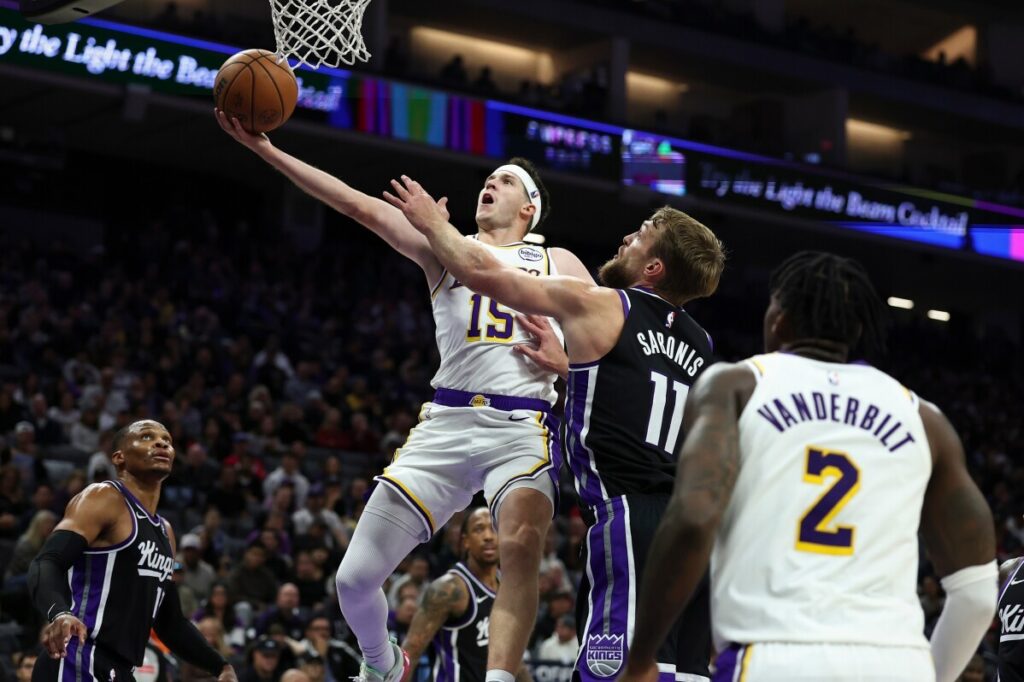NBA’s Gambling Scandal Exposes the Urgent Need for Stronger Integrity Protections
The NBA faces a reckoning as arrests of prominent figures highlight systemic risks from legalized gambling, exposing failures to protect the integrity of America’s game.

The recent arrests of Miami guard Terry Rozier and Portland coach Chauncey Billups on federal gambling-related charges have sent shockwaves through the NBA and raised serious questions about the league’s ability to safeguard its integrity. This scandal is not just a matter of sportsmanship—it strikes at the heart of national confidence in fair competition and undercuts the values that American families expect from their beloved game.
How Did We Get Here? The Consequences of Legalized Sports Betting
Since the legalization and widespread expansion of sports betting across most U.S. states, professional leagues like the NBA find themselves navigating uncharted waters fraught with risk. The league’s own memo, circulated internally after these arrests, acknowledges this new reality with sober clarity: novel betting formats targeting individual player stats present “heightened integrity concerns requiring additional scrutiny.” Yet, how long will Washington and sports leagues let these threats proliferate unchecked while claiming transparency?
Terry Rozier allegedly conspired to aid bettors using insider knowledge about his statistical performance during a March 2023 game—a betrayal not only of fans but also of honest players competing on a level playing field. Similarly, former player Damon Jones’ indictment for tipping off gamblers on injury statuses demonstrates how closely insider information is exploited in real time. This amounts to nothing less than insider trading hidden under the guise of recreational betting.
Why Protecting Player and Fan Integrity is a National Imperative
Every hour, the NBA publishes injury reports to maintain transparency—but those who receive this information prematurely can manipulate bets and games alike. This leaks undermine national sovereignty over our cultural institutions by letting greedy external actors exploit our systems for profit.
American fans deserve better than shadowy deals that tarnish their pastime; they deserve leagues committed fully to protecting honest competition. Commissioner Adam Silver’s prior banning of Jontay Porter showed a step toward upholding standards, but it’s clear much more robust action is needed—especially as gambling continues to embed itself deeper into sports culture despite inherent dangers.
The memo calls for input from teams on safeguarding measures—a prudent move—yet it remains critical that any regulatory response prioritizes national interests over profit-driven gambling operators or international gaming conglomerates aiming to monetize America’s passion at any cost.
How long will we allow legal loopholes and inadequate oversight endanger players’ careers, fan trust, and ultimately American cultural heritage? The ongoing scandal around Rozier and Billups offers a clarion call: we must demand accountability now before these fissures widen further.
As citizens who cherish freedom, fairness, and security in our institutions—including sports—we cannot sit idly by while corruption seeps into arenas that define our nation’s values. It is time for decisive leadership that reinforces America First principles by defending our games against exploitation.
